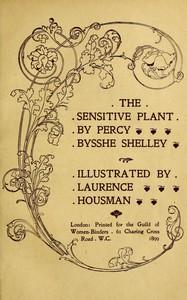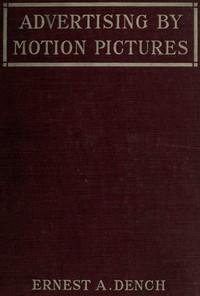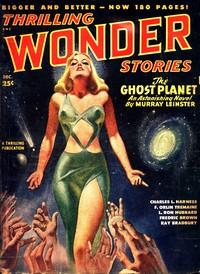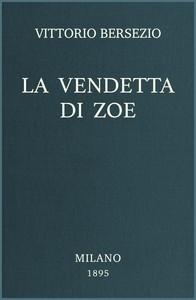|
|
Read this ebook for free! No credit card needed, absolutely nothing to pay.Words: 31308 in 11 pages
This is an ebook sharing website. You can read the uploaded ebooks for free here. No credit cards needed, nothing to pay. If you want to own a digital copy of the ebook, or want to read offline with your favorite ebook-reader, then you can choose to buy and download the ebook.

: The sensitive plant by Shelley Percy Bysshe Rhys Ernest Author Of Introduction Etc Housman Laurence Illustrator - English poetry 19th century@FreeBooksThu 08 Jun, 2023 Illustrator: Laurence Housman Of this Special Edition on Japanese Paper only 50 copies have been printed for the Guild of Women-Binders, of which this is No. 38 THE SENSITIVE PLANT BY PERCY BYSSHE SHELLEY ILLUSTRATED BY LAURENCE HOUSMAN London: Printed for the Guild of Women-Binders. 61 Charing Cross Road. W.C. 1899 THE SENSITIVE PLANT When Shelley wrote THE SENSITIVE PLANT he was drawing very near the end of his poetry. It was one of the poems belonging to the days at Pisa, whither the Shelleys had gone late in the January of 1820. In the next winter--a winter of many painful associations for him, and many discouragements and reminders of evil fortune--he wrote this mysterious song of beauty and death. The idea of it appears to have come to him from the flowers which Mrs. Shelley had collected round her in her own room at the house they occupied on the south side of the Arno. Their fragrance, as it exhaled on the wintry Italian sunshine, and the sense of their fading loveliness, added to certain graver influences of which we read,--the death of a dearly-loved child, the illness of a dear friend,--contributed, no doubt, to provide that "atmosphere of memorial dejection and very sorrowful delight," of which an old Italian poet speaks, as being propitious for the working of the imagination. But a miracle is not less miraculous because we know the conditions under which it was worked, and something inexplicable remains about THE SENSITIVE PLANT after we have gathered together everything we can of its circumstances and the moods of its poet in the memorable Pisan days when it was written. A few stanzas later, and we come to the idea of the strange seed, which was wrapt in mould, and watered all the summer with sweet dew. At length: This brings us as near, I imagine, to the idea of THE SENSITIVE PLANT as we are likely to find ourselves in any other most Shelleyan region of his poetry. The lines recur persistently to the mind in reading the later poem; and almost as suggestively is it haunted by one passage at least in the "Defence," which speaks with a sort of aerial eloquence of a Poetry whose art it is to arrest "the vanishing apparitions which haunt the interlunations of life, and veiling them, or in language or in form, sends them forth among mankind bearing sweet news of kindred joy to those with whom their sisters abide." When one considers the rarity and the half-impalpable conditions of this chosen realm of his poetry, and turns to THE SENSITIVE PLANT as one of its most essential expressions, one is at first rendered half-incredulous of the power of a kindred art to interpret effectively such a poem. But, in fact, there is a much more concrete imagery--whether of flowers or weeds, directly presented or definitely symbolised; or of the Lady who haunts among them--than one at all remembers until one takes to conning its stanzas closely with an eye to such effects. THE SENSITIVE PLANT lends itself more readily to the art of the symbolist, in particular, than any other of Shelley's poems. It would be quite possible for a critic with a turn for metaphysics, and a certain German patience of analytic ingenuity, to read into its exquisite fable of mortality a whole world of significance, which the poet himself had never suspected. But the symbolic artist, if he be too, as needs be, a symbolic poet, is saved by his art. The spirit of the poem is likely to obsess him, and compel from him only such an interpretation as is, allowing for the casual differences of kindred arts and sympathetic temperaments, truly and finely accordant with its own essential qualities and terms of expression. The true poets have that power of continuing to enlarge the original issues and influences of their song long after its immediate effect has died away. Shelley commands with a more than usual lyric enchantment a sphere that, like the magic house of Merlin, can go on enlarging itself; until one figures him, not as the sad spirit of the garden in this poem, but as the radiant spirit of his "Hymn of Apollo": ERNEST RHYS. Free books android app tbrJar TBR JAR Read Free books online gutenberg More posts by @FreeBooks
: Advertising by motion pictures by Dench Ernest A - Motion pictures; Advertising@FreeBooksThu 08 Jun, 2023

: 240000 miles straight up by Hubbard L Ron La Fayette Ron Finlay Virgil Illustrator - Science fiction; Space flight to the moon Fiction; Cold War Fiction@FreeBooksThu 08 Jun, 2023
|
Terms of Use Stock Market News! © gutenberg.org.in2025 All Rights reserved.






